May 29, 2025 | 22:05 GMT +7
May 29, 2025 | 22:05 GMT +7
Hotline: 0913.378.918
May 29, 2025 | 22:05 GMT +7
Hotline: 0913.378.918
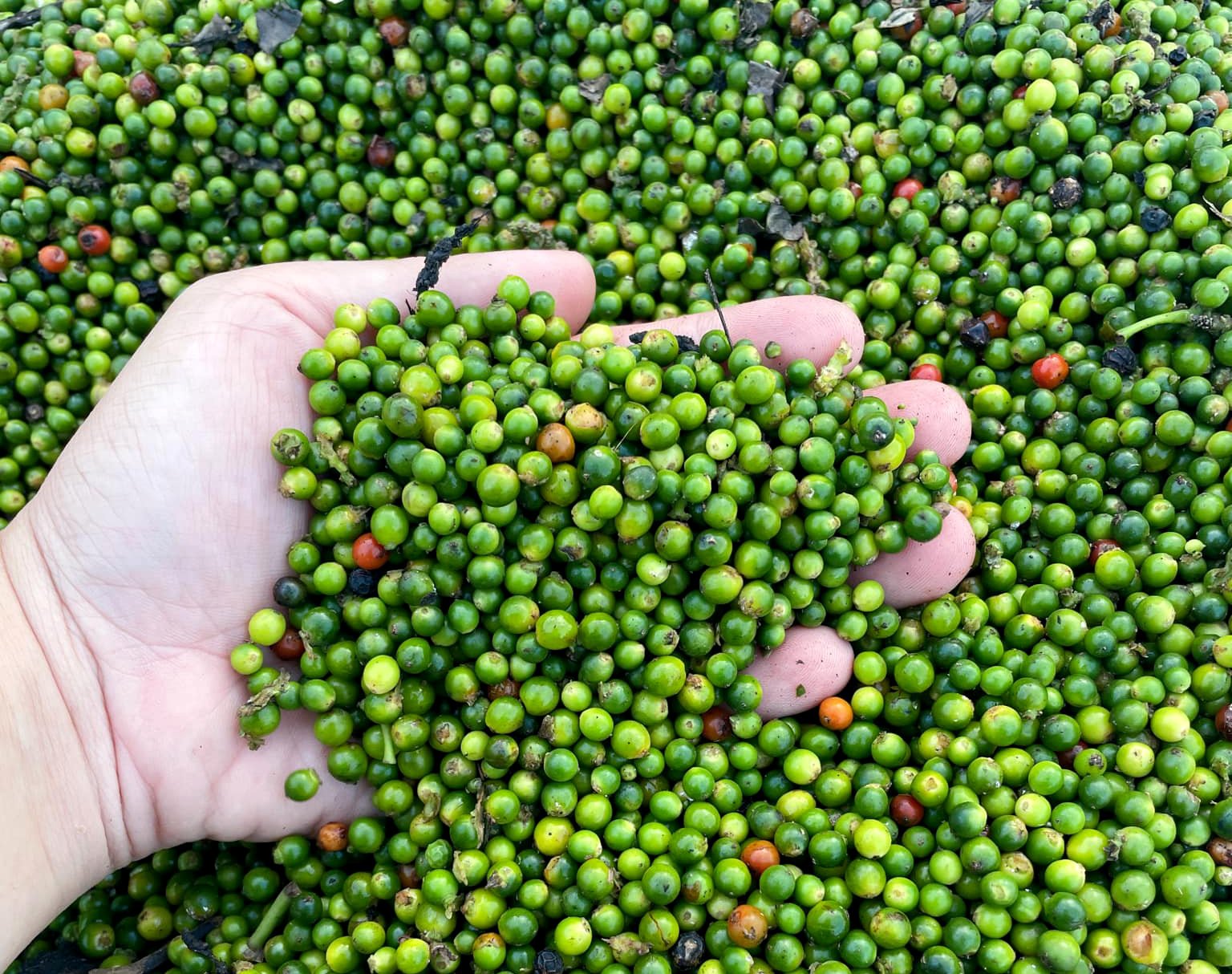
Pepper - one of the agricultural products that Vietnam is exporting a lot to the EU. Photo: Son Trang.
According to Mr. Dinh Sy Minh Lang from the Department of European and American Markets under the Ministry of Industry and Trade, Vietnam has exported nearly 128 billion USD of goods to the EU after three years of implementing the EVFTA. Accordingly, exports to the EU reached 15.62 billion USD from August 1 to December 31, 2020, which is an increase of 3.8% over the same period in 2019. In 2021, exports reached 40.12 billion USD, which is an increase 14.2%. In 2022, exports reached 46.8 billion USD. This figure has reached 25 billion USD from the beginning of the year to July 31, 2023.
However, exports of agricultural, forestry and fishery products to the EU within the last three years have not achieved the expected growth rate due to non-tariff measures such as sanitary and phytosanitary measures (SPS) or technical barriers to trade (TBT). These factors have significantly restricted the export of Vietnamese agricultural products to the EU.
Most recently, the European Parliament (EP) passed a new bill that prohibits the import of goods related to deforestation activities in order to promote global efforts in combating climate change. Accordingly, this new bill will affect meat, cocoa, coffee, palm oil, soybeans, wood (including products that contain, are raised with or have been created from aforementioned products such as leather, chocolate, furniture), printing paper, rubber, charcoal from countries around the world. These, if found to be related to deforestation activities, will be banned from entering the EU.
Additionally, the European Green Deal, which aims to minimize greenhouse gas emissions and limit the use of natural resources, is posing numerous challenges to the export of Vietnamese agricultural products to the EU.
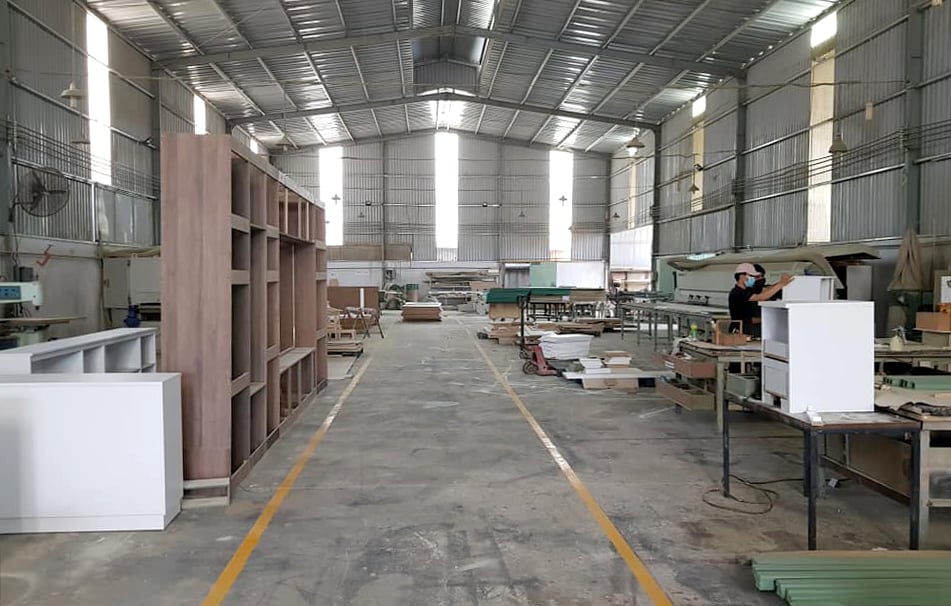
A wood processing facility in Dong Nai province. Photo: Son Trang.
Agricultural and aquatic products are affected by the Green Deal as the EU establish a more sustainable and environmentally friendly approach to agriculture. Vietnamese businesses must meet new standards for sustainable farming and food production practices in addition to investing in new technology and changing production processes to minimize waste and reduce chemical use. The Deal also establishes requirements on ethics, food safety and labeling for seafood goods.
Additionally, the carbon border adjustment mechanism (CBAM) is another obstacle to Vietnam's export of agricultural products to the EU. The mechanism applies to the import of selected commodities and precursors with carbon-intensive output and the highest risk of carbon leakage such as cement, iron and steel, aluminum, fertilizers, electricity and hydrogen.
At the end of the Mechanism's transition period in 2025, the European Commission will assess the potentials of expanding CBAM's scope of activities to cover a wider range of products and services, including value chain and “indirect emissions” (e.g. carbon emissions from using electricity in the production of commodities). Consequently, CBAM will affect all agricultural, forestry and fishery products imported into the EU.
According to Mr. Remi Nguyen, Deputy Director of the French Chamber of Commerce and Industry in Vietnam, CBAM will be a significant challenge for businesses exporting goods to the EU, including businesses specializing in agricultural products.
Dong Nai Provincial People's Committee and Saigontel signed a memorandum of understanding on green growth cooperation throughout Dong Nai province on September 8, 2023. According to this MoU, Saigontel and Dong Nai province will jointly research and analyze emission reduction opportunities in Dong Nai province; technologies and roadmaps to reduce greenhouse gas emissions; develop policies, plans to reduce emissions and improve competitiveness.
Mr. Nguyen Hong Linh, Secretary of Dong Nai Provincial Party Committee, commented at the signing ceremony: "Dong Nai province supports the green development goals of the United Nations and other international organizations. It is making efforts to promote green development in the region. The province is determined to accompany partners in the COP26 implementation program in the near future".
Dong Nai is both a major industrial center and a leading agricultural production province in Southeastern Vietnam. Dong Nai is leading the country in livestock production. Furthermore, the province is ranked second in the processing and exporting of wood and wood products. Regarding crop production, Dong Nai features a large area of rubber, fruit trees, pepper, cashews, etc. Many agricultural products from Dong Nai province are being exported to the EU.
Translated by Nguyen Hai Long
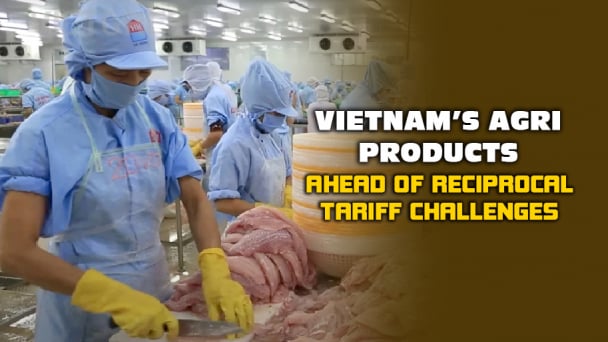
(VAN) Reciprocal tariffs are exerting pressure on U.S. exports, prompting Vietnamese firms to shift their focus to Muslim markets, Thailand, and Brazil.
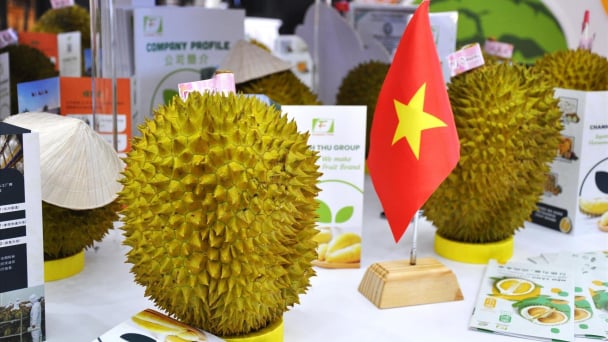
(VAN) A free booth for two years at Xinfadi, Beijing's largest wholesale market, will be allocated to Vietnam's agricultural products.
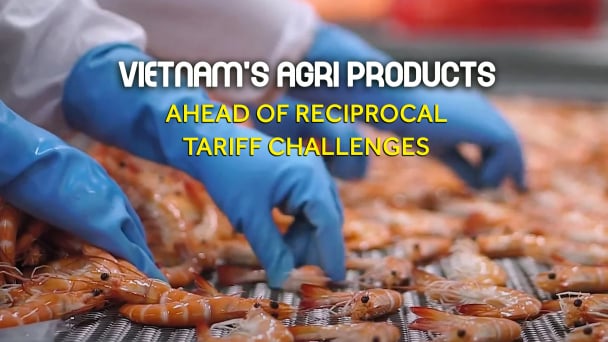
(VAN) Vietnamese shrimp exporters are actively looking for alternative markets and accelerating shipments to the United States in response to the pressure of impending reciprocal tariffs. This is occurring during a temporary tariff suspension.

(VAN) The import-export turnover between Vietnam and Singapore rose amid a trade rebound, with machinery, electrical equipment, and fuels making up the majority of the transaction value.

(VAN) Director General of the General Administration of Customs of China, Ms. Sun Mai Jun, has pledged to implement measures that will ease the import process for Vietnamese agricultural products.

(VAN) Although Vietnam is still increasing its coffee exports, the industry is currently in the process of determining market strategies in response to the U.S. imposition of reciprocal tariffs.

(VAN) With rising demand in Muslim-majority countries, Halal certification is becoming a critical passport for Vietnamese agricultural products seeking sustainable market access and consumer trust in the Middle East and Africa.